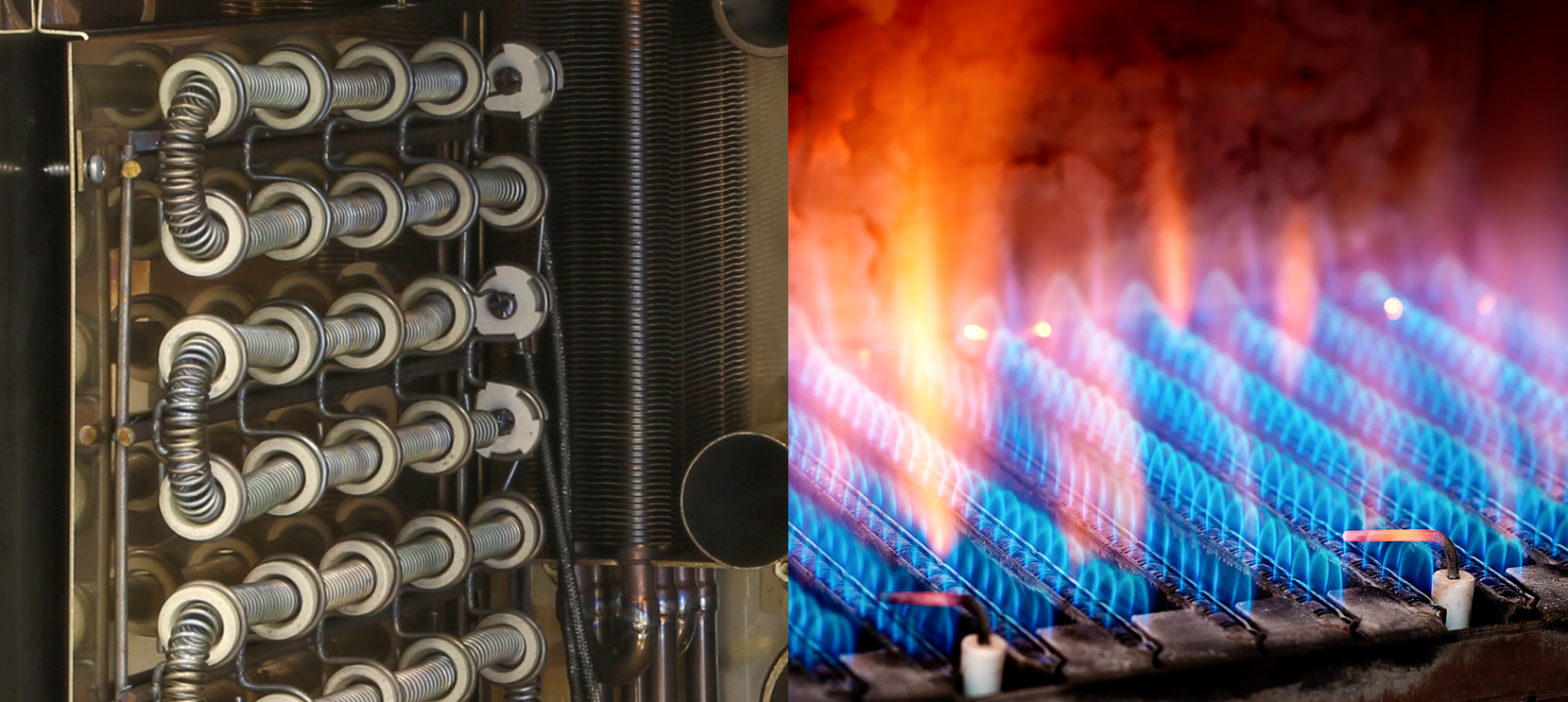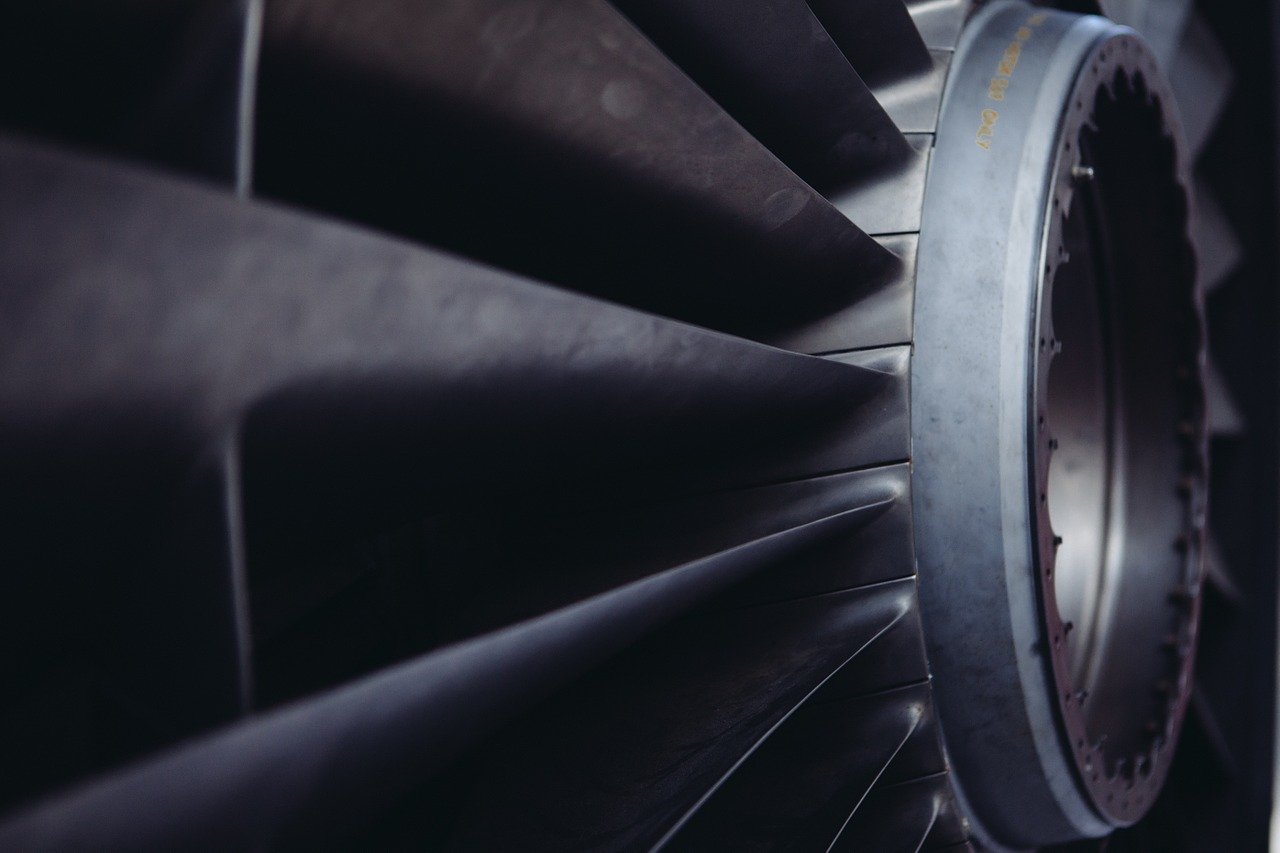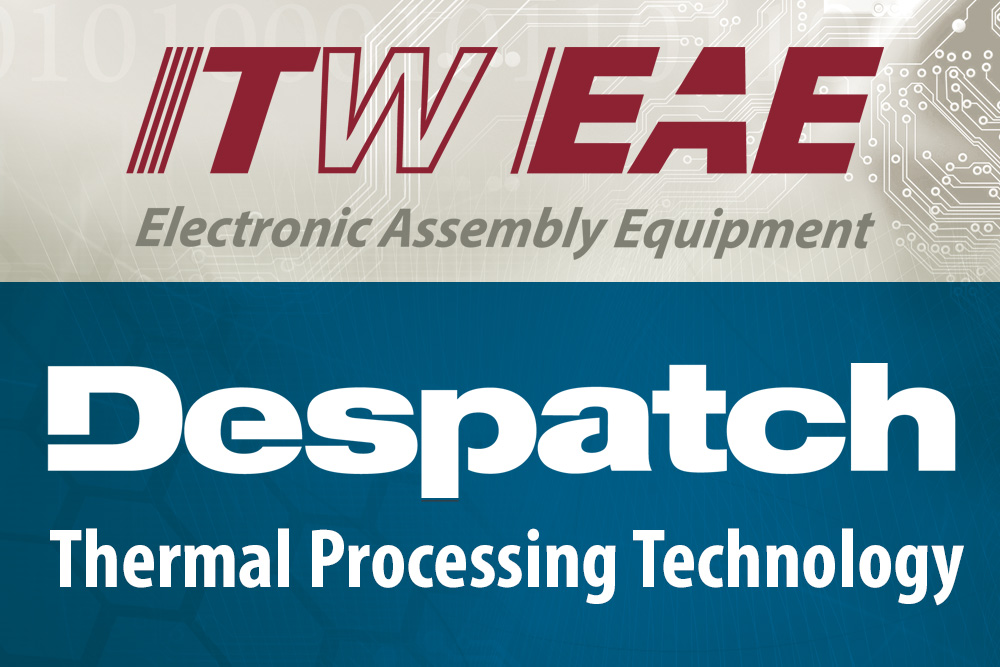With so many things to consider when buying a new industrial or lab oven, neglecting the source of heat and thinking that it doesn’t matter is understandable, but still a mistake.
While different heat source types may achieve the same temperatures and even incomparable times, using gas-fired ovens instead of electrically heated ones for examples can make a whole lot of qualitative difference in the result, and depending on the specific role that the oven is expected to fulfill.
When selecting your thermal processing equipment, choosing the proper heat source for your process is a very important step. The following list represents the 6 main types of sources of heat for industrial ovens:
1. Industrial Electric Ovens
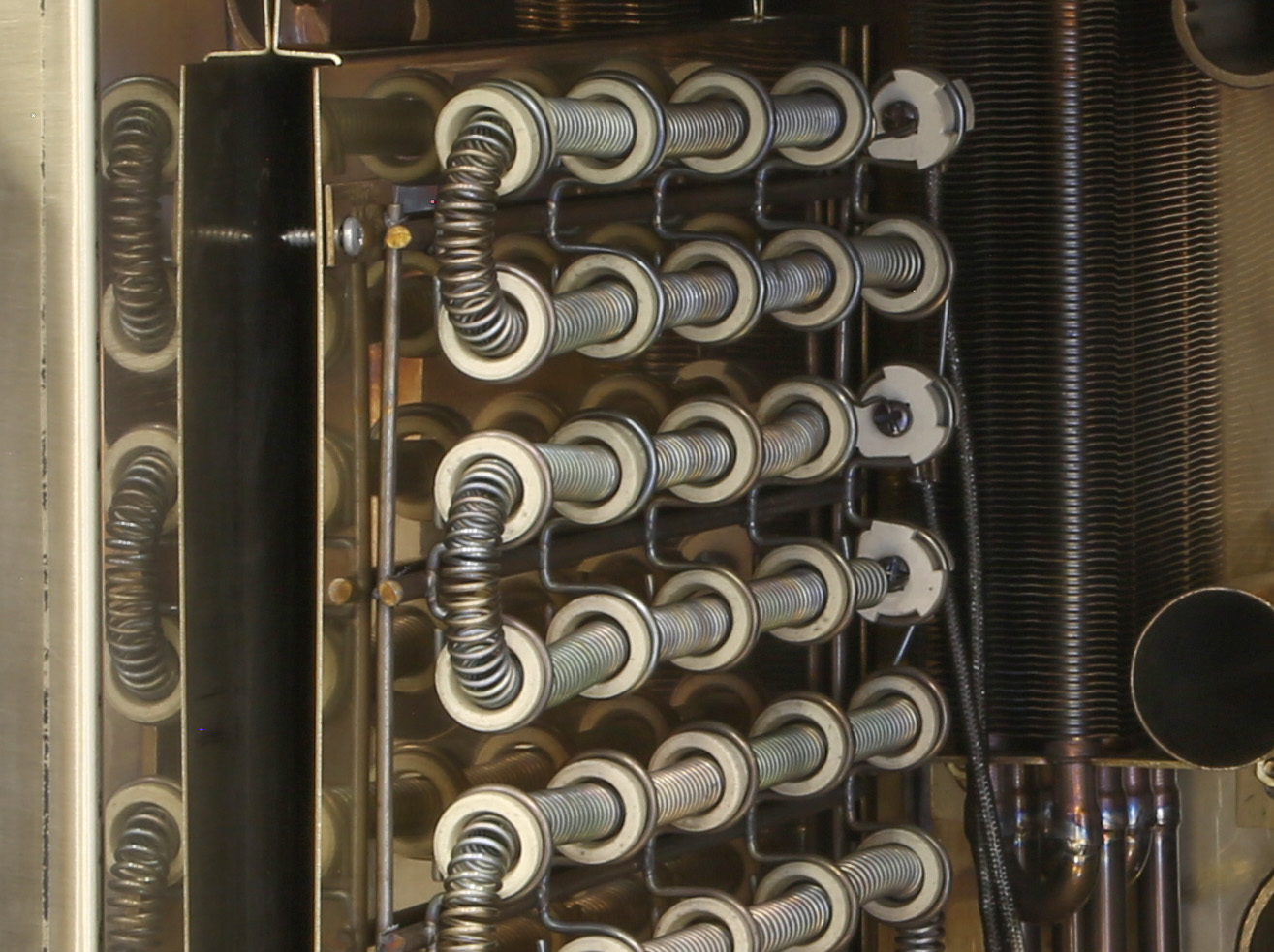
Electrically heated ovens are the standard choice for a wide range of applications and purposes. They use electricity to heat up resistive elements and are cherished for their quick heat-up times, robustness, temperature precision, and low cost of purchase.
Electric ovens are ideal for when dealing with products that are combustible, or when working with metals like aluminum that is prone to gas fire discoloration.
2. Direct Gas Ovens
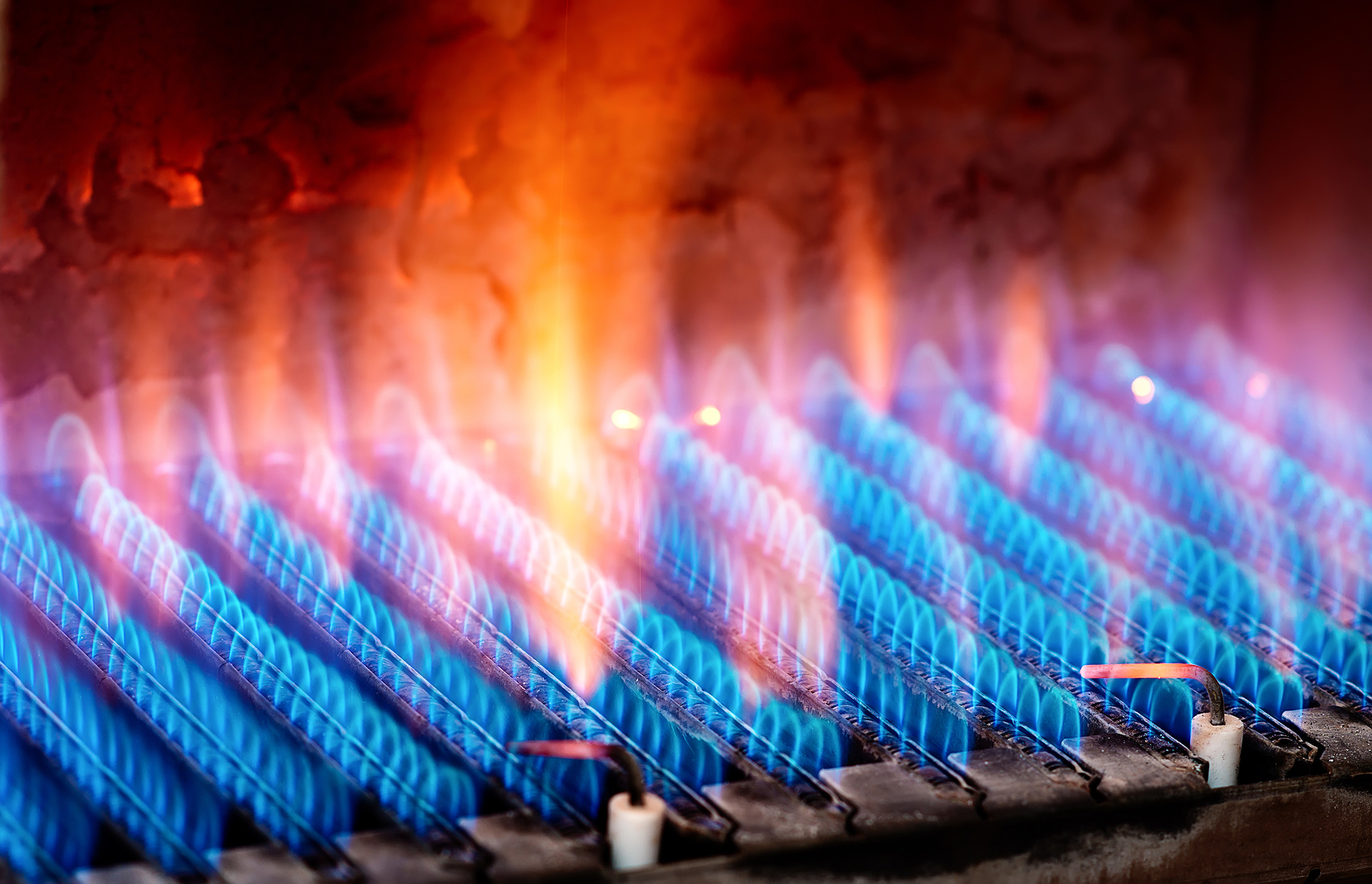
Direct gas ovens are more expensive than electric ovens because they involve more complicated heating elements that constitute of nozzles, high-precision dosage pumps, etc. To make up for this, they come with the advantage of being approximately 30% cheaper to run than electric ovens, so they are very economical in the long run.
The problem with these ovens is that gas flame is fired directly onto the object, so the material needs to be able to withstand this process both from a chemical and from a physical standpoint.
3. Indirect Gas Ovens
The difference of the indirect gas ovens to the above (direct) is that the gas fire is not coming into contact with the object, but instead heats a stainless heat exchanger.
A fan then blows air through that exchanger and into the heating chamber, so the object will not get damaged by the flame. The advantage is that they combine the economy of the gas ovens with the versatility and wide-range suitability of the electric counterparts.
The main drawback is that they are even more complex than the direct gas ovens, so they cost even more to purchase.
4. Industrial Steam Ovens
Steam is the best source of heat for when dealing with easily combustible materials that still need to be heated up to high levels. It’s clean, environmentally friendly, and quite cost-efficient.
The drawbacks of steam-heated ovens are the slow heat-up times, and the relatively bulky temperature control capability. Moreover, some are not comfortable working with pressurized steam, so this could be a downside as well. Finally, steam cannot be used on objects that are made of metals that are susceptible to corrosion and rust.
5. Hot Water Ovens
These ovens are heated by hot water circulating inside radiator coils, and then a fan blows air through it to circulate it inside the chamber. This is an unquestionably clean process that is environmentally friendly, while it costs very little to carry out and should be compatible with virtually any object out there.
The obvious drawback is that you can’t achieve temperatures that go well beyond 70 degrees Celsius (160 OF), and so there’s a serious restriction on that part.
6. Oil Fired Ovens
The oil-fired ovens are quite rare and are only deployed when and where there is no other feasible or available alternative fuel. They cost a lot to operate, cost a lot to buy, the heating results are questionable, there are nasty byproducts that the operator has to manage, and the maintenance cycles for them are vicious.
They are available only to make specific industrial operations possible when there is no other alternative. Lately, natural gas and propane are increasingly used instead, but still, sometimes, fuel oil is your only choice.
We hope this article has given you some insight and useful information about industrial process ovens.
If you have questions, our skilled customer service team can assist you. To speak with them call 952.649.6529 or send a message.

